-
QUALIFICATIONS
- For Linguists Worldwide
- For UK Public Services
- Preparation
- Policies & Regulation
-
MEMBERSHIP
- Join CIOL
- Membership grades
- NEW for Language Lovers
- Chartered Linguist
- Already a member?
- Professional conduct
- Business & Corporate Partners
-
ASSESSMENTS
- For Second Language Speakers
- English as a Second Language
-
EVENTS & TRAINING
- CPD, Webinars & Training
- CIOL Conference Season 2025
- Events & Networks
- CIOL Mentoring
-
NEWS & VOICES
- News & Voices
- CIOL eNews
- CIOL Awards
- The Linguist
- Jobs & Ads
-
RESOURCES
- For Translators & Interpreters
- For Universities & Students
- Standards & Norms
- CIOL & AI
- All Party Parliamentary Group
- In the UK
- UK Public Services
- Find-a-Linguist
NEWS & VOICES
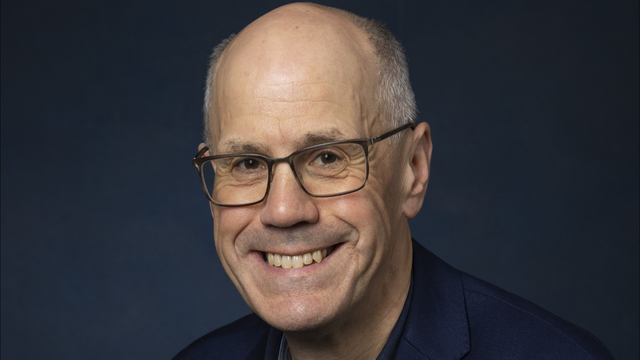
Mark Robinson CL, CIOL Council Member and director of translation company Alexika Ltd writes on the importance of trust in translation.
When a pharmaceutical company orders a translation, whether for regulatory purposes, research or patient information, the relationship with the translation company must be based on trust. This means trust that the...
In a recent Lord Mayor of London’s ‘Knowledge Miles’ lecture series webinar, Chartered Institute of Linguists Chief Executive John Worne presented on: “Why languages are for everyone” and the importance of embracing multilingualism. The lecture, part of the Lord Mayor's "Connect to Prosper" theme, addressed the connections in and around the City of London's ‘Square Mile...
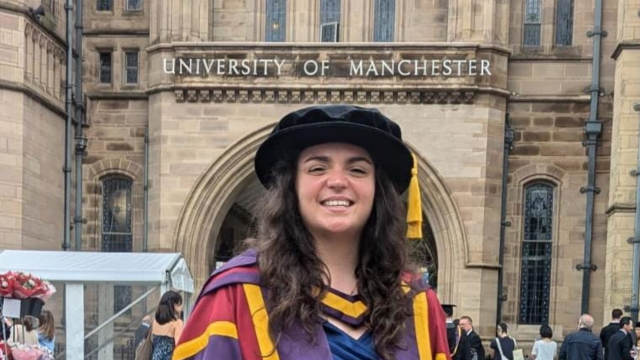
by Silvia Terribile
In today’s fast-paced translation industry, productivity is a top priority. More and more language service providers (LSPs) offer post-editing services, aiming to limit time and cost. But does machine translation really make linguists faster? This is one of the key questions I aimed to answer during my PhD at the University of Manchester.
...
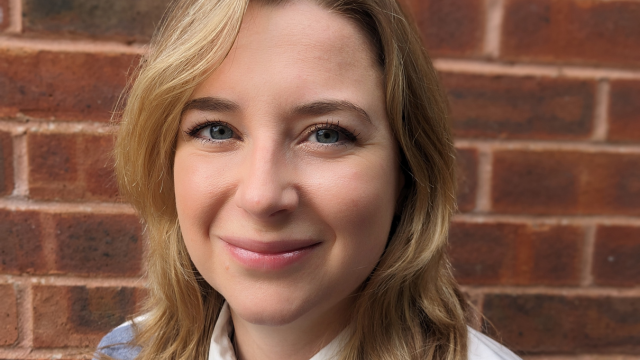
In this CIOL Voices blog, Gillian Morris (pictured above) spells out why she feels optimistic for the future of translators and why she believes human translators will continue to be vital even as machines and AI improve.
I've worked in the language service industry for a long time – first as an employed Translation Project Manager, then as a freelance...
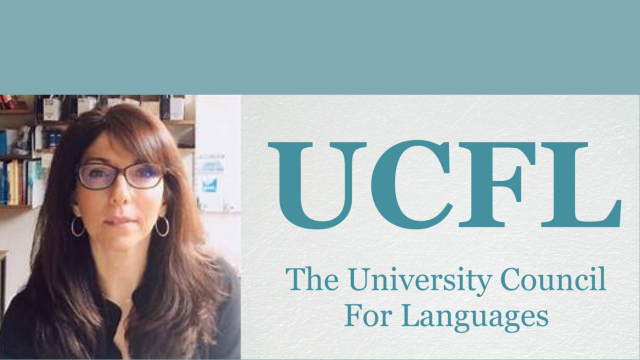
Some reflections on the 2024 GCSE uptake and outcomes in languages studies in England and Wales, by CIOL Council Member and Educational Trust Board Vice-Chair Marcela Cazzoli who is also Vice Chair of the University Council For Modern Languages. See also the links to further articles, reviews and responses from across the media.
‘Regret’ is not a word often associated with the...

At a recent session organised by the Association of Interpreters and Translators (AIT), CIOL Chief Executive John Worne presented on how artificial intelligence (AI) is transforming the language profession and industry. The event, moderated by Irina Norton, Chair of AIT, brought together language professionals to discuss this timely and critical topic.
...
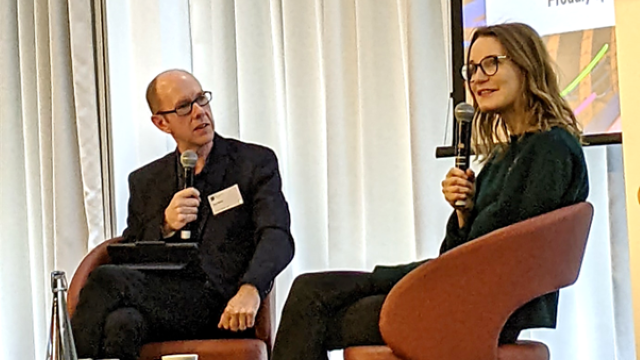
Having navigated some difficult times since 2020, I am glad to say that the Chartered Institute of Linguists is in good shape as we close out the 2023/24 membership year.
First and foremost, it is really worth celebrating that CIOL has been fortunate enough to maintain a strong and active membership community across more than 50 countries and speaking over 50 languages. The...

By Alison Rodriguez
As September gets ever closer, I’m delighted to share that the International Federation of Translators’ theme for International Translation Day 2024 is “Translation, an art worth protecting”.
International Translation Day (ITD) has been a key date celebrated in the FIT calendar for over 35 years, with FIT Council creating an annual...
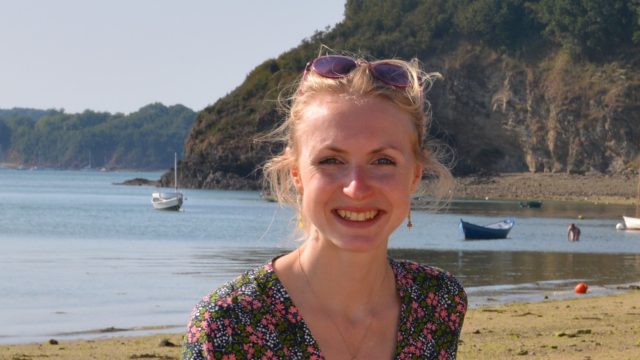
By Rosie Eyre
When I began coordinating the Stephen Spender Prize in 2021, from a box room overlooking an Aldi car park in the second summer of lockdown, it was hard not to feel like the world had closed in. But as life gradually opened up again, and my first autumn of prize coordination introduced me to poems translated by entrants of every age, from more languages...
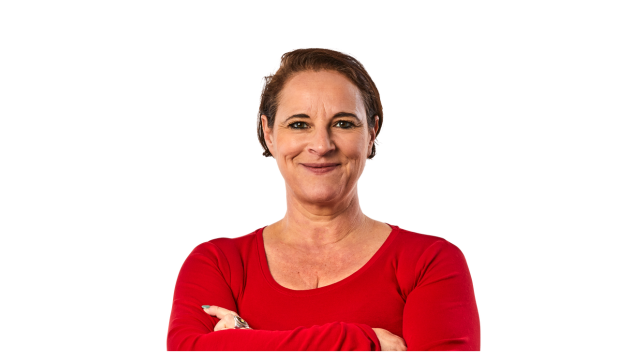
By Alexa Polidoro
March this year saw the release of a book entitled La langue anglaise n’existe pas. C’est du français mal prononcé.
Perhaps unsurprisingly, an English version hasn’t (yet) been written, so I’ll translate that for you: The English language doesn’...
The Chartered Institute of Linguists (CIOL), Incorporated by Royal Charter, Registered in England and Wales Number RC 000808 and the IoL Educational Trust (IoLET), trading as CIOL Qualifications, Company limited by Guarantee, Registered in England and Wales Number 04297497 and Registered Charity Number 1090263. CIOL is a not-for-profit organisation.
